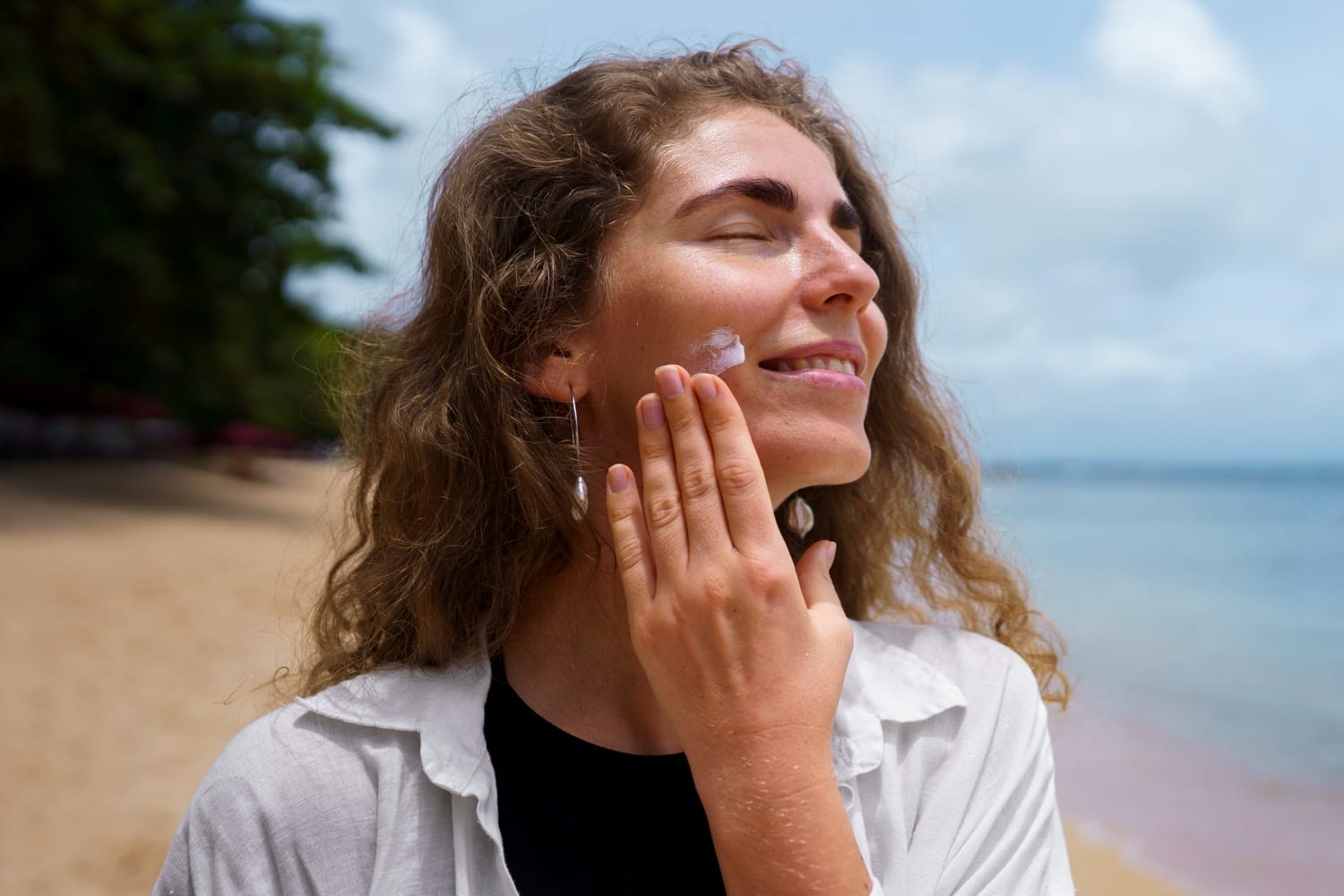Sunscreen is an essential part of protecting our skin from the sun’s harmful rays. More than just a beach-day staple, sunscreen plays a critical role in preventing sunburn, skin cancer, and premature aging. With growing awareness of its importance, creating effective sunscreen products is more vital than ever.
Understanding how sunscreen works starts with knowledge of the sun’s rays—UVA and UVB. These rays can cause damage at different skin levels, leading to issues like sunburn or long-term skin changes. A well-formulated sunscreen provides broad-spectrum protection, acting as a shield against these rays and ensuring your skin stays healthy.
The process of creating sunscreen involves selecting the right ingredients and formulations to offer efficient protection. With the variety of skin types and needs, developing effective and safe products requires careful research and attention to regulatory standards. This commitment to quality ensures that the sunscreens not only protect but also meet consumer trust and satisfaction expectations.
Understanding Sunscreen Basics
Sunscreen serves as a vital barrier against the sun’s harmful rays, protecting the skin from damage. It works by absorbing, reflecting, or scattering ultraviolet (UV) light, which can cause sunburn and other skin problems. Applying sunscreen regularly helps in reducing the risk of skin cancer and prevents early signs of aging like wrinkles and spots.
The sun emits two main types of UV rays that affect our skin: UVA and UVB. UVA rays penetrate deep into the skin and can lead to aging and long-term damage, while UVB rays are responsible for causing sunburn. Good sunscreens are known as “broad-spectrum” because they provide protection against both types of rays. By forming a physical or chemical shield, sunscreen reduces the amount of UV radiation that reaches the skin.
It’s essential to use sunscreen daily, even on cloudy days, to offer comprehensive protection. Understanding these basic concepts aids in appreciating the role sunscreen plays in skincare and encourages regular use for healthier skin.
Key Ingredients for Effective Sunscreen
Creating an effective sunscreen involves selecting specific ingredients that offer reliable protection. Among these, zinc oxide and titanium dioxide are widely used because they provide a physical barrier on the skin. These minerals are favored in many formulations due to their ability to stop UV rays from penetrating the skin.
Chemical filters, such as avobenzone, octisalate, and octocrylene, are also common in sunscreen products. These chemicals absorb UV radiation and convert it into a small amount of heat that’s released from the skin. Each type of filter plays a role by targeting different UV ray wavelengths, ensuring comprehensive protection.
Here’s a quick list of essential sunscreen ingredients:
– Zinc Oxide: Offers broad-spectrum protection by reflecting UV rays.
– Titanium Dioxide: Low risk of irritation while blocking UV radiation.
– Avobenzone: Absorbs the full spectrum of UVA rays efficiently.
– Octisalate: Stabilizes other sunscreen ingredients to enhance efficacy.
By combining these key ingredients, sunscreen formulations can protect against various kinds of UV exposure. Choosing the correct blend ensures that the skin remains safe under the sun, while also providing a comfortable and easy-to-apply product that meets daily skincare needs.
Formulating Sunscreens for Various Skin Types
When creating sunscreen, it’s crucial to consider the different needs of various skin types. Each skin type can react differently to sunscreen ingredients, so formulating products that accommodate these differences is essential. For example, oily skin often benefits from lightweight, non-greasy formulas that help control shine. Gel-based sunscreens or those labeled ‘oil-free’ can be excellent choices.
For sensitive skin, formulations must prioritize gentleness to avoid irritation. Products containing zinc oxide and titanium dioxide are typically well-tolerated as they sit on the skin’s surface rather than absorbing. Fragrance-free and hypoallergenic options also reduce the risk of adverse reactions.
Lists of formulation tips by skin type:
– Oily Skin: Use mattifying formulas with gel bases.
– Dry Skin: Look for hydrating ingredients like hyaluronic acid.
– Sensitive Skin: Choose mineral-based, fragrance-free options.
By tailoring formulations to suit specific skin needs, sunscreens can offer both effective protection and pleasant user experience. This customization ensures broader appeal and satisfaction across different consumer groups.
Ensuring Safety and Efficacy in Sunscreen Products
The safety and effectiveness of sunscreen are critical to its success in the market. Before reaching consumers, sunscreen products undergo rigorous testing to confirm that they provide the promised level of protection. Testing involves methods such as SPF testing in controlled environments, ensuring that the product adequately protects against UVB rays.
Products must also comply with regulations that vary by region, ensuring they meet safety standards. In the United States, the Food and Drug Administration (FDA) oversees these regulations, requiring detailed labeling and proof of effectiveness. This regulatory oversight guarantees that sunscreens consumers use are both safe and efficacious.
Key points for ensuring product reliability:
– SPF Testing: Ensures sun protection level against UVB rays.
– Broad-Spectrum Approval: Confirms that it protects from UVA and UVB rays.
– FDA Regulations: Requires clear labeling and ingredient verification.
By adhering to these standards, sunscreen manufacturers can maintain consumer trust and deliver products that genuinely protect the skin.
Conclusion
Developing effective sunscreens is both an art and a science, demanding a deep understanding of ingredients and their interactions with different skin types. By formulating products that cater to various needs, consumers can enjoy optimal protection while maintaining skin comfort. Incorporating industry standards and rigorous testing ensures that every bottle meets the highest safety and effectiveness benchmarks.
As ORiBionature continues to push the boundaries in health and cosmetic solutions, we’re committed to providing top-quality products that safeguard your skin. Explore our offerings to find the perfect sunscreen tailored to your needs. Get in touch with our cosmetic laboratory today to learn how our sunscreen line can become an essential part of your daily skincare regimen.

